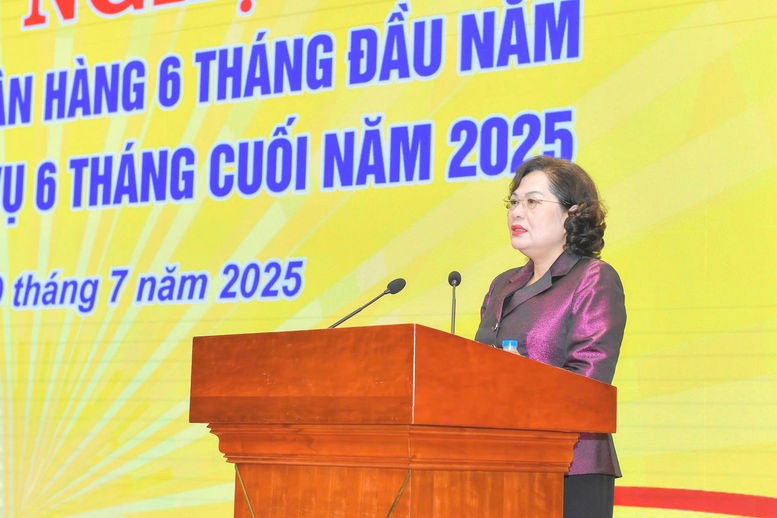
Governor of the State Bank of Vietnam (SBV) Nguyen Thi Hong speaks at the Conference - Photo: VGP/HT
Big challenge, big determination
In the context of a series of major policies of the Party and State being issued, such as Resolution 57 on digital transformation, Resolution 59 on international integration, Resolution 66 on law, and Resolution 68 on private economic development, the banking industry plays an important role in organizing implementation.
However, monetary policy management this year has encountered many difficulties. Governor Hong said that global instability factors such as geopolitical tensions and changes in tax policies in many countries, especially from the US, are putting great pressure on the financial system. Vietnam, with its open economy, is also affected.
Meanwhile, the GDP growth target of 8% or more places high demands on monetary policy management. The banking sector must ensure safe and effective system operation while simultaneously achieving the "dual goal" of controlling inflation and promoting growth.
"Many big, difficult, unprecedented tasks have been and are being implemented. The banking sector continues to play an important role, including participating in drafting documents for the 14th National Party Congress," the Governor said.
Restructuring the apparatus: Decisive but cautious
One of the major focuses of the SBV in the first 6 months of the year is to reorganize the organization according to Resolution 18. This is an unprecedented task, requiring close coordination and careful preparation.
Accordingly, the State Bank has established a Steering Committee, coordinating with the Ministry of Home Affairs to restructure the apparatus from the central to local levels. In particular, the State Bank branches at provincial and municipal levels have been reorganized into 15 regions, based on economic and geographical conditions.
"After 9 days of implementing a two-level government, the banking sector has completed the task of both streamlining and ensuring smooth operations for the entire sector," said Governor Nguyen Thi Hong. The banking sector is also reviewing and revising its system of regulatory documents to suit the new model.
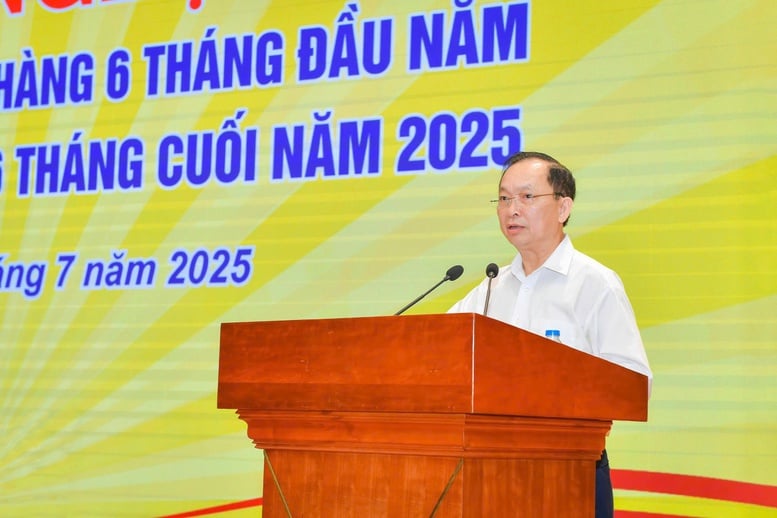
Permanent Deputy Governor of the State Bank of Vietnam Dao Minh Tu speaks at the Conference - Photo: VGP/HT
Deputy Governor of the State Bank of Vietnam Dao Minh Tu said that in the context of the global economic downturn, the banking sector has actively and flexibly managed monetary policy.
As a result, GDP in the first 6 months of the year increased by 7.52%, the highest in nearly 20 years. Average inflation was only 3.27%. Average lending interest rate was 6.3%/year, down 0.6 percentage points compared to the end of 2024.
The State Bank also flexibly manages exchange rates to stabilize the foreign exchange market. At the same time, the State Bank announced credit allocation principles from the end of 2024, creating conditions for credit institutions to proactively develop plans.
In particular, the State Bank is accelerating the roadmap to eliminate "credit room", replacing it with a control mechanism based on specific safety criteria.
As of the end of June, outstanding credit reached more than VND 17.2 million billion, up 9.9% compared to the end of 2024 and 19.32% over the same period - a significant improvement thanks to consistent and effective policies.
Implement key credit programs
In addition to macro management, the State Bank also implements a series of targeted credit programs under the direction of the Government.
The credit program for agriculture, forestry and fishery has disbursed 94% of the plan in just 5 months, expanding its scale to 100,000 billion VND. The program for young people to borrow to buy social housing is being promoted. Credit to support businesses investing in infrastructure and digital transformation with a scale of 500,000 billion VND is also being vigorously implemented.
The restructuring of the banking system in conjunction with bad debt settlement has been accelerated. The State Bank of Vietnam has completed the compulsory transfer of two weak banks, contributing to strengthening financial stability. Inspection and supervision have been strengthened to ensure market discipline.
At the same time, the banking industry promotes cashless payments and digital transformation - this is a strategic direction to modernize the system, increase transparency and better serve customers.
Government leaders pay special attention to the coordination between monetary and fiscal policies. On July 6, Prime Minister Pham Minh Chinh issued Official Dispatch 104, requesting the State Bank to continue to operate proactively, flexibly and closely coordinate with macroeconomic policies to promote growth, stabilize the economy and control inflation.
The Prime Minister also directed credit institutions to reduce costs, simplify procedures, promote digital transformation to lower lending rates, and focus credit on priority areas such as export, investment, consumption, and new industries such as digital economy, green economy, and innovation.
In particular, the Prime Minister requested that the State Bank of Vietnam complete the development of a set of criteria for credit safety control in July - an important step to completely remove the administrative allocation of "credit room".
In addition, the State Bank is assigned to review and amend Decree 24 on gold market management, submitting it to the Government before July 15, 2025 to ensure effective control of this market in a volatile context.
With many drastic solutions and clear strategies, the banking industry is demonstrating strong determination to achieve the 2025 goals, creating a stable foundation for the next stage of economic development.
Mr. Minh
Source: https://baochinhphu.vn/dieu-hanh-linh-hoat-tai-co-cau-manh-me-nganh-ngan-hang-tang-toc-trong-nam-cuoi-ke-hoach-5-nam-102250709163821685.htm


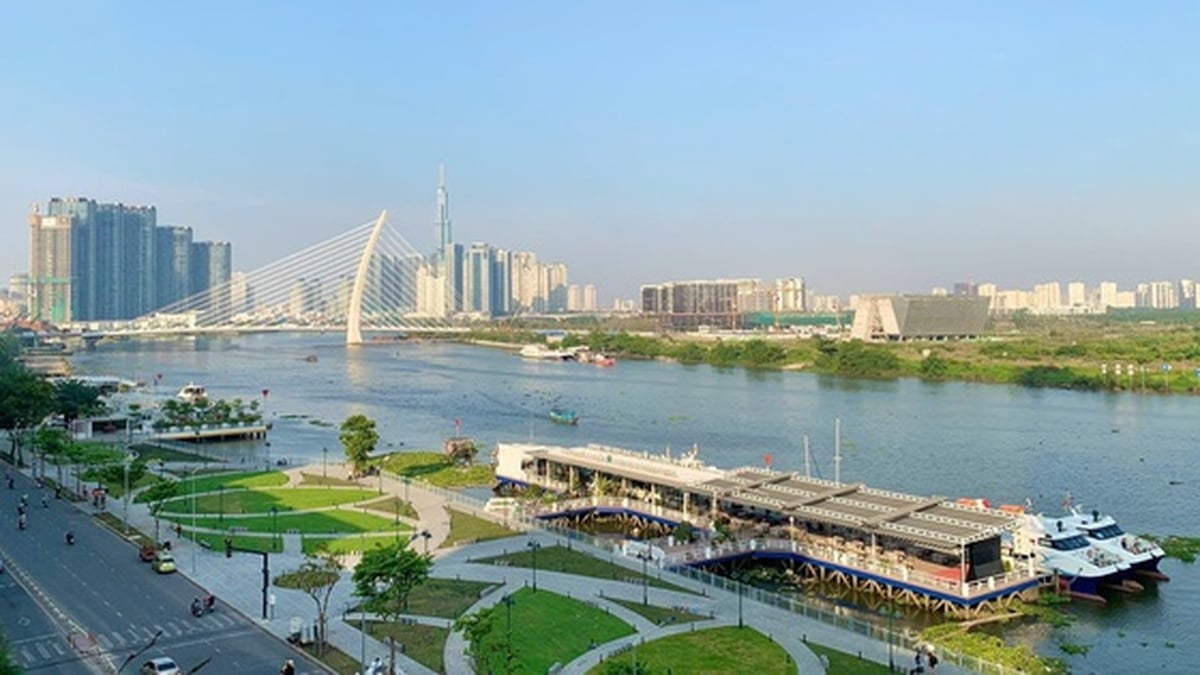





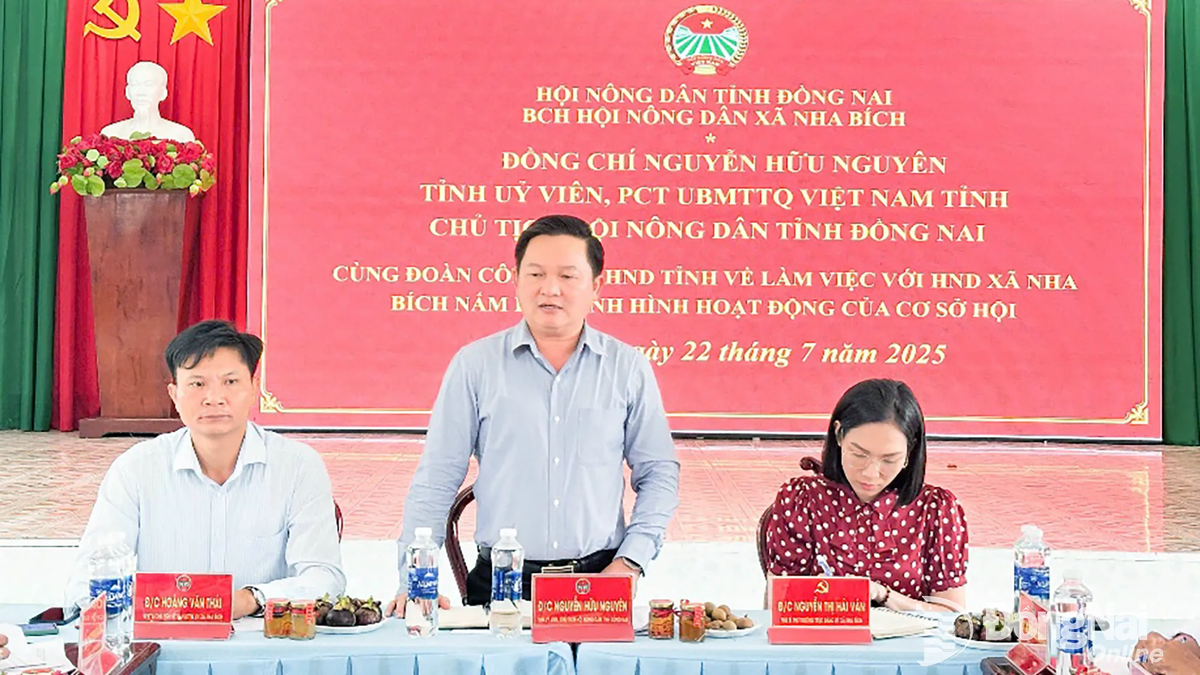


















![[Infographic] Vietnam-Senegal traditional friendship](https://vphoto.vietnam.vn/thumb/1200x675/vietnam/resource/IMAGE/2025/7/23/4c96a604979345adb452af1d439d457b)








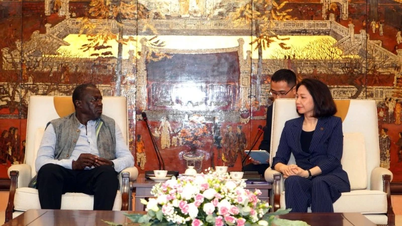










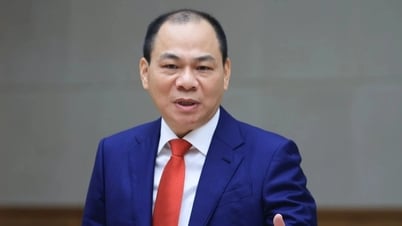



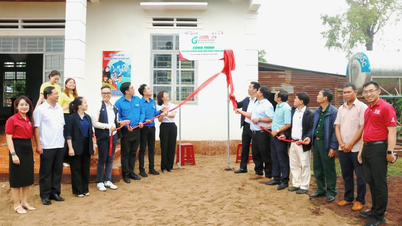












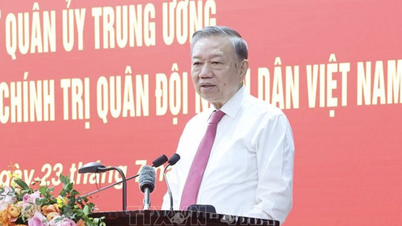







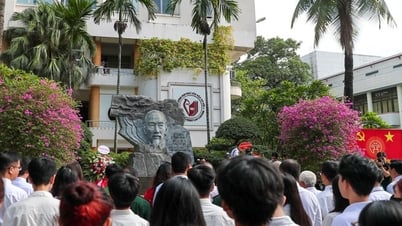

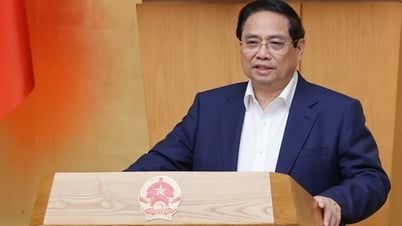
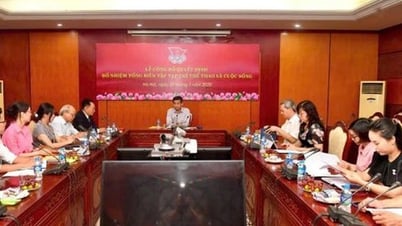

























Comment (0)